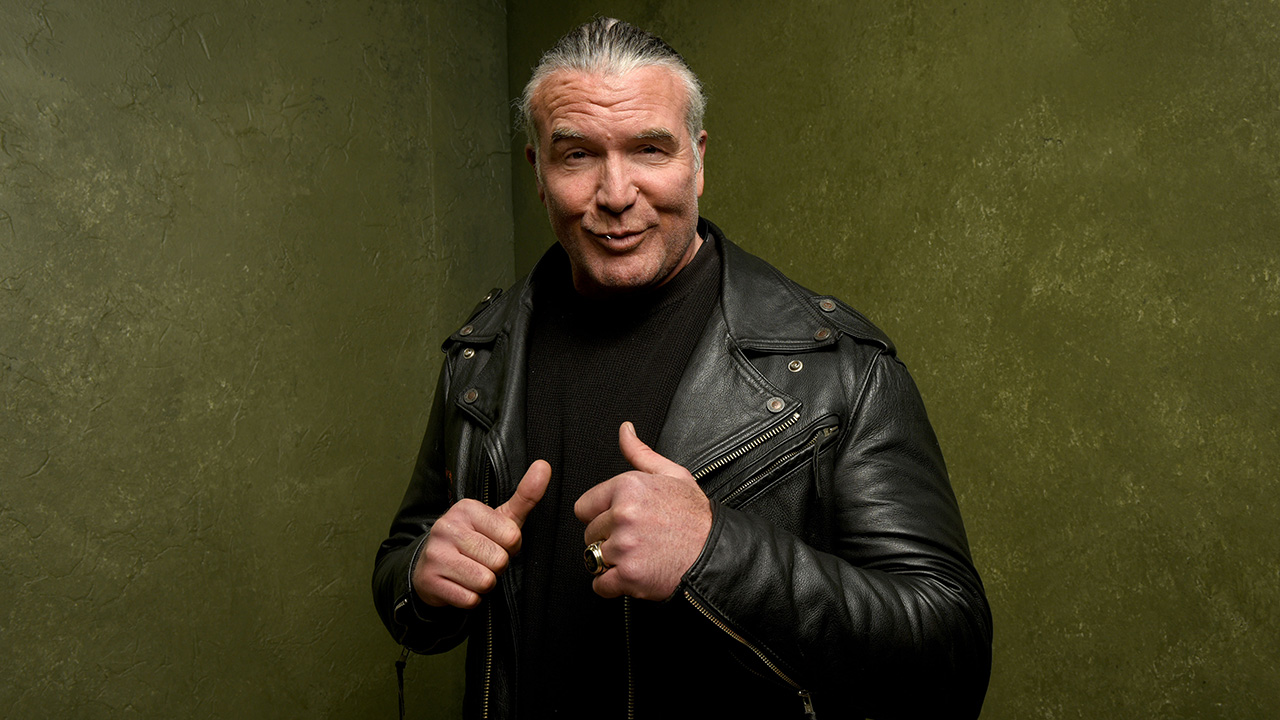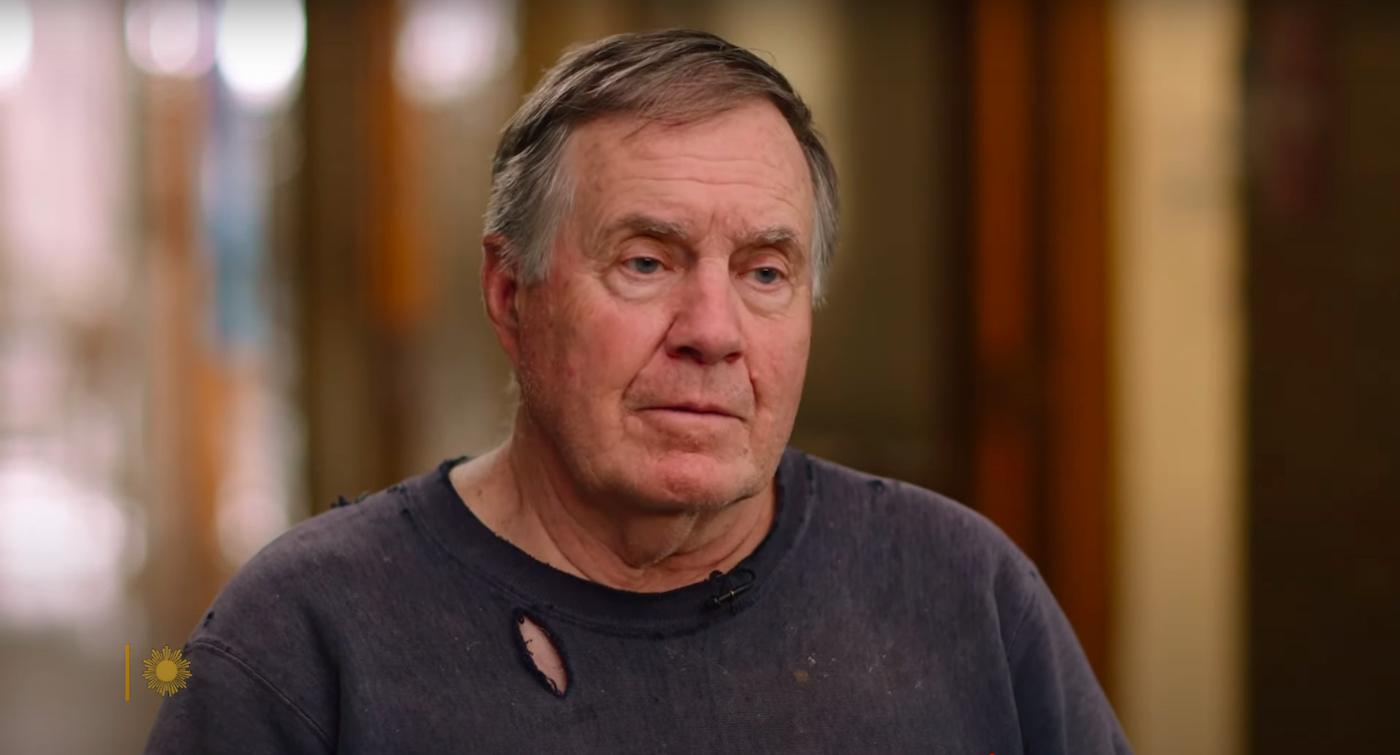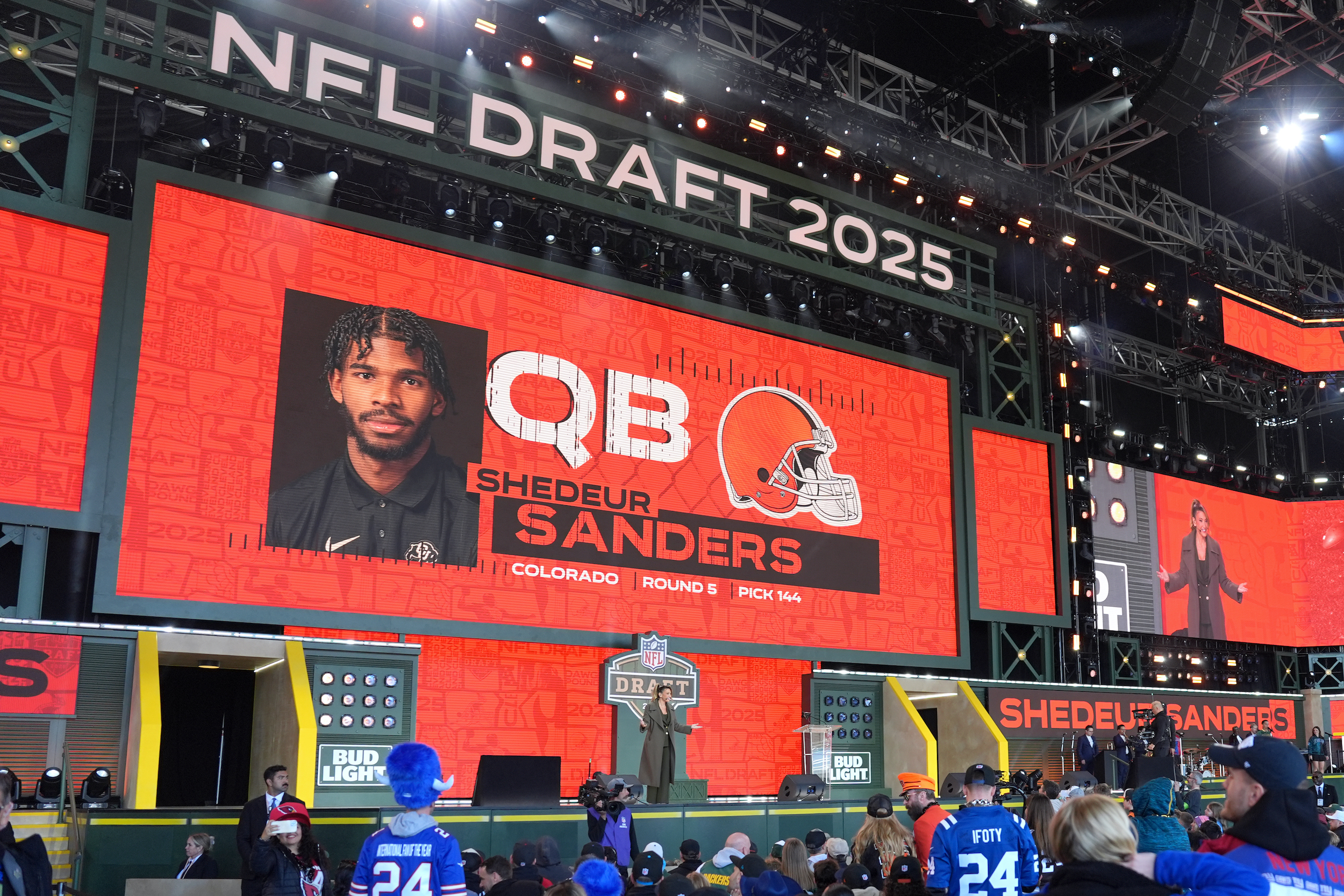“That’s a victory over Scott Hall for the young lion-hearted!”
Everyone watching wrestling knows that it’s scripted. What gives people joy about watching wrestling is seeing their favorites triumph. And to me there’s no greater joy being a wrestling fan than when one of your favorites finally gets a big win. On Nov. 3, 1997, I was in attendance at WCW Nitro, and I saw one of my favorites get that big win. Scott Hall lined up Chris Jericho for his finisher, at the time called the Outsider’s Edge. Jericho wiggled out of it, small packaged Hall, and got the 1-2-3.
Jericho had been a cruiserweight—a lightweight wrestler, a guy who didn’t usually mix it up with guys like the 6-foot-7 Hall. He’d continue in the cruiserweight division for a while after this win, and it wasn’t like beating Hall made him a star right away. But it was something. It was a moment I remember vividly 22 years later—celebrating with the friend I attended the show with, high-fiving strangers around me, cheering on one of the first big wins for Jericho. We were right: That was a big moment. He’d later become one of the greatest wrestlers of all time. And a guy who helped him get there was Scott Hall.
Hall died yesterday. He’d suffered a broken hip, then had several heart attacks during an operation. He was 63 years old. I will always remember him for this Jericho match. It was great. Hall taunted the “young lion-hearted,” toyed with him, then got small packaged. Hall’s mannerisms when upended were incredible. He sold so the guy in Row Z could see him clearly, but he didn’t look cartoonish somehow. He looked legitimately pissed off.
Hall almost made a career of this. In 1993, when he was still going by Razor Ramon, he lost to a wrestler then just known as “The Kid.” That wrestler, Sean Waltman, would have a long career as the 1-2-3 Kid, Syxx, and X-Pac. In 2001, Hall lost a match in New Japan Pro Wrestling to a “young boy”, which is what new wrestlers are often called in the company. That man was Hiroshi Tanahashi, longtime NJPW star and eight-time world champion. Heck, the loss to Jericho wasn’t even his only loss to a lower-card guy that fall. A month earlier Hall lost to Hector Garza in a similar fluke finish. Garza himself later became a champion in CMLL, in Mexico.
Hall wrestled in an era where guys didn’t really want to lose. Hall was part of the New World Order, a WCW faction that Hall actually kicked off when he just wandered into the ring in the middle of a match on Nitro. So many nWo matches ended in brawls—disqualifications caused by the entire nWo rushing into the ring to avoid a loss. (The nWo eventually had, best I can remember, 450 members.) But Scott Hall wasn’t afraid to lose. He got it. He knew a loss could help both him and the person who beat him—his loss to the 1-2-3 Kid, when he was Razor Ramon in the WWF, turned both of them into pretty big fan favorites.
There's a bit of irony in a guy whose in-ring personas were defined by ego and self-absorption having such an understanding of the value of losing. Hall knew better than most that wrestling is just entertainment, and that it takes equal measures of commitment from both the winner and loser of a match to truly elevate the sport. When our own Tom Ley profiled Hall back in 2013, Hall talked about what he missed most about being a professional wrestler. It wasn't the fame or the personal glory he missed, but the satisfaction of a well-conceived and executed match.
“For me, it's really satisfying because it is entertainment,” he said. “To talk things over with [my opponent] in the back, figure out what they've got, put together what we’re going to do, run it by the boss, get it OK’d, and then do the finisher in front of the audience—it's really satisfying to lay stuff out and then have it work. I love that.”
That commitment to entertainment showed up every time Hall took a bump, and it was especially noticeable every time he lost. That's why nobody has ever been as good at selling the Stone Cold Stunner.
He fought for the right to lose. Diamond Dallas Page came up with an idea where he’d accept the nWo’s invitation to join the group, then instantly turn on them. But, Page has said, WCW kept scheduling the segment and then pulling the idea off the TV. The booking team didn’t think he could handle being a higher-echelon guy in wrestling. Scott Hall fought for it.
“Nobody saw me as a top guy,” former WCW Champion Diamond Dallas Page said on a podcast interview a while back. “But Scott did.” Hall was a fun character, a good talker, and a pretty decent wrestler. His greatest talent though, was knowing how to lose.






